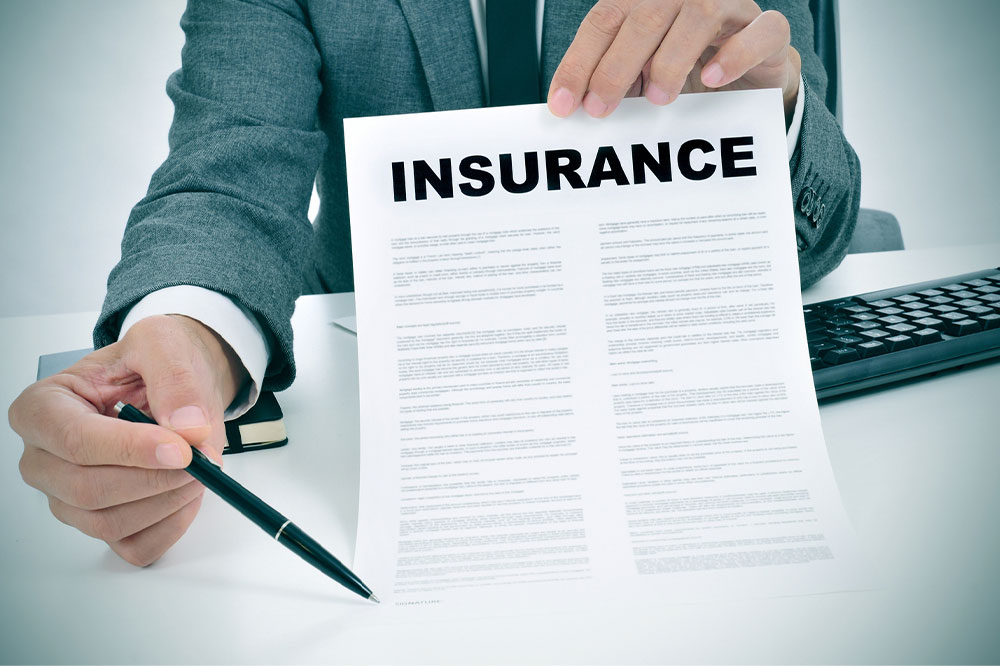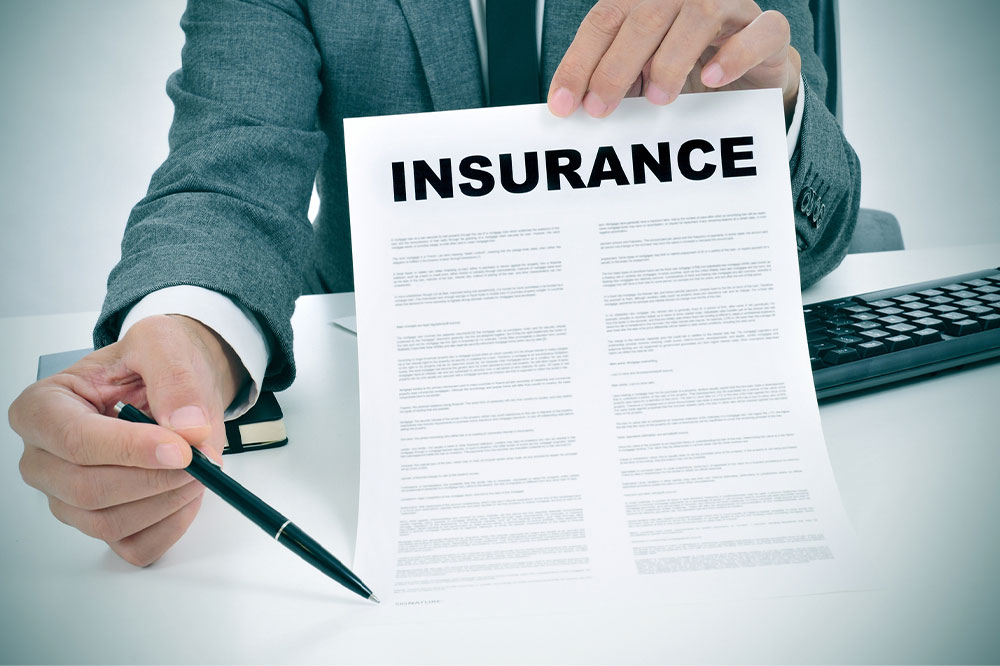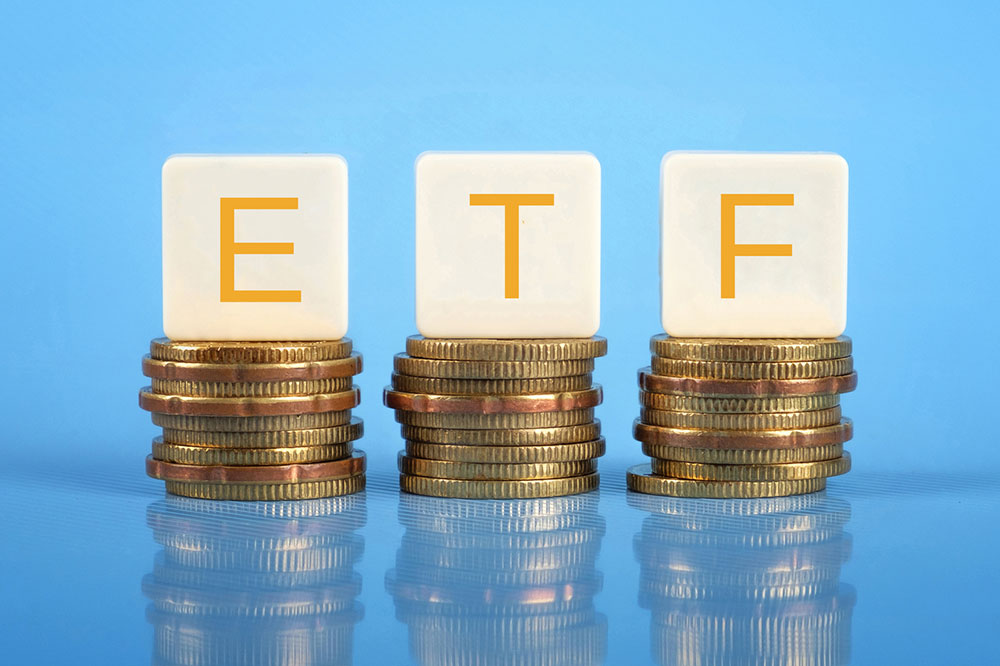5 mistakes to avoid when purchasing insurance

Purchasing insurance can be an excellent financial decision. When you buy insurance, you make small payments called premiums to an insurance company so that you and your loved ones are protected during a financial emergency. However, there are a lot of factors to consider when buying an insurance plan. And more often than not, people make mistakes during the process, which cost them a lot more than they would otherwise pay.
Opting for low premiums
People often opt for a plan with a lower premium because it is easier on the pocket. However, such plans usually provide a smaller claim amount during an emergency. So, try to find a balance between the premiums you pay and how much money you get during a claim.
Not trying other insurance providers
Staying with the same insurer might make the documentation process easier when renewing the policy or buying a new one. However, it can cost you more in the long haul. The provider may not always offer the best price for a preferred plan. So, if your situation changes—for example, if you get married, buy a car, or move to a new state—compare different insurance companies before choosing one.
Not reading the fine print
Every insurance plan comes with terms and conditions. Unfortunately, most buyers do not read the documentation. While the insurer may quote a fixed sum for a plan, additional charges could be hidden in the paperwork. So, always read all the documentation to avoid falling prey to these tactics.
Paying for additional services
An insurance provider may sell many services for added costs. They may even give you enough reasons to pay more and get these extra benefits. But everyone has different insurance requirements. So, ensure you only pick the services you need when paying for an insurance plan and avoid unnecessary costs.
Relying on employer coverage
Many employers offer a life insurance package to their employees. But this only covers a small chunk of healthcare services that you may require. If you think the coverage from your employer is insufficient, look for supplemental plans. You may be able to secure a lower premium rate if you buy another policy from the same provider used by your employer.







